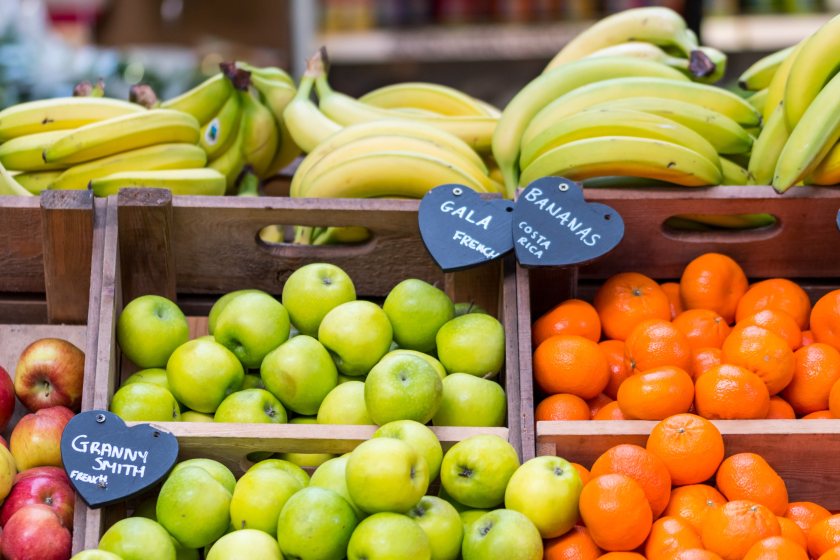
Rural campaigners have hit back after a small group of students at Lancaster University voted to ban meat and dairy products at its campus-wide catering outlets.
The Students’ Union voted to transition to 50% plant-based catering by 2025, and 100% plant-based catering by 2027. 18 out of 19 members voted in support of it.
The move, however, has been branded an “attack on freedom of choice” against the majority of Lancashire’s student population, which comprises of some 13,000 students.
Lancaster has become the 12th university to pass a similar motion, joining institutions such as Cambridge, Newcastle and Warwick who have also committed to transitioning towards plant-based catering.
At other universities, including Bristol, East Anglia and Edinburgh, students fought back, voting against motions that banned meat and dairy at student union outlets.
Speaking in response to the new result, a spokeswoman for the group, Plant-Based Universities Lancaster, said it was "a massive step in the right direction".
"We are really excited that the students’ union is endorsing a shift towards plant-based catering here at Lancaster," she said.
"We look forward to working with our Students’ Union and university to make the results of this vote a reality, making the most sustainable choice the most convenient one."
The move has also been backed by professors at the university, with professor in Climate Governance Rebecca Willis saying: "Reducing consumption of meat and dairy products is a crucial step in meeting our climate and health targets.
"I’m really pleased that Lancaster’s students are asking our university to lead the way on this vital issue."
But rural campaigners say the notion that plant-based diets are the only way to meet sustainability targets ‘deliberately ignores’ data which suggests that British meat is amongst the most sustainable in the world.
Additionally, they point out that farmers contribute to sustainability goals through regenerative farming techniques and the production of renewable energy.
Responding to the vote, the Countryside Alliance said vegan campaigners should not impose a diet in university-affiliated buildings.
Sabina Roberts, a spokeswoman for the rural group, said the decision "absolutely should have been put to a student vote".
"It seems preposterous that a minority group of students could take a decision so complex and personal – an individual’s dietary choices – and force it onto the wider student body.
"Vegan campaigners are welcome to present their arguments in favour of plant-based diets, but should not impose a diet in university-affiliated buildings.
"Students should take on their democratic duty and consider placing forward a counter-motion that keeps meat on the menu.”
The Countryside Alliance has spearheaded what it calls a ‘rural fightback’– encouraging universities and local councils to reject calls for compulsory veganism.
Instead, its motion commits universities and councils to procuring locally-sourced meat, dairy, and plant-based produce.
Ten councils, including Dorset, Wiltshire, and Suffolk councils, have passed the motion so far.
